
Apply to a foreign university with confidence
- Properly fulfilled documents
- Perfect motivation letter
- Support from a personal mentor
- Offers from several universities
Article score: 4.23 out of 5 (13 reviews)
The article describes various medical specialties: salaries, qualities, education. The text will help you to decide whether it is worth becoming a doctor and where to study.
Free consultation
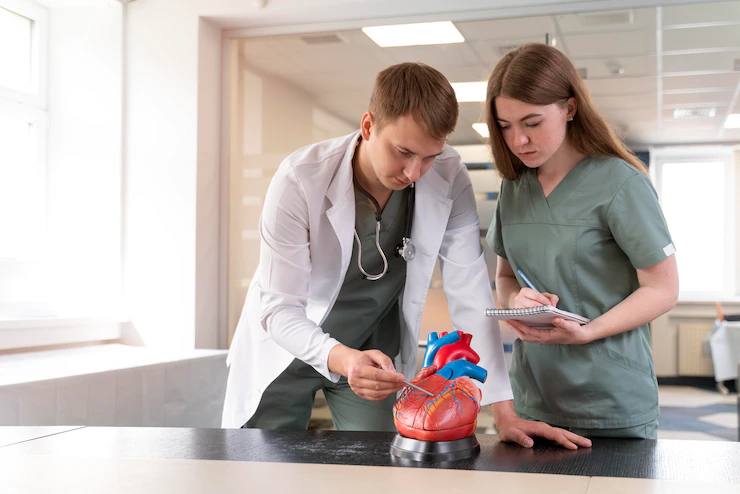

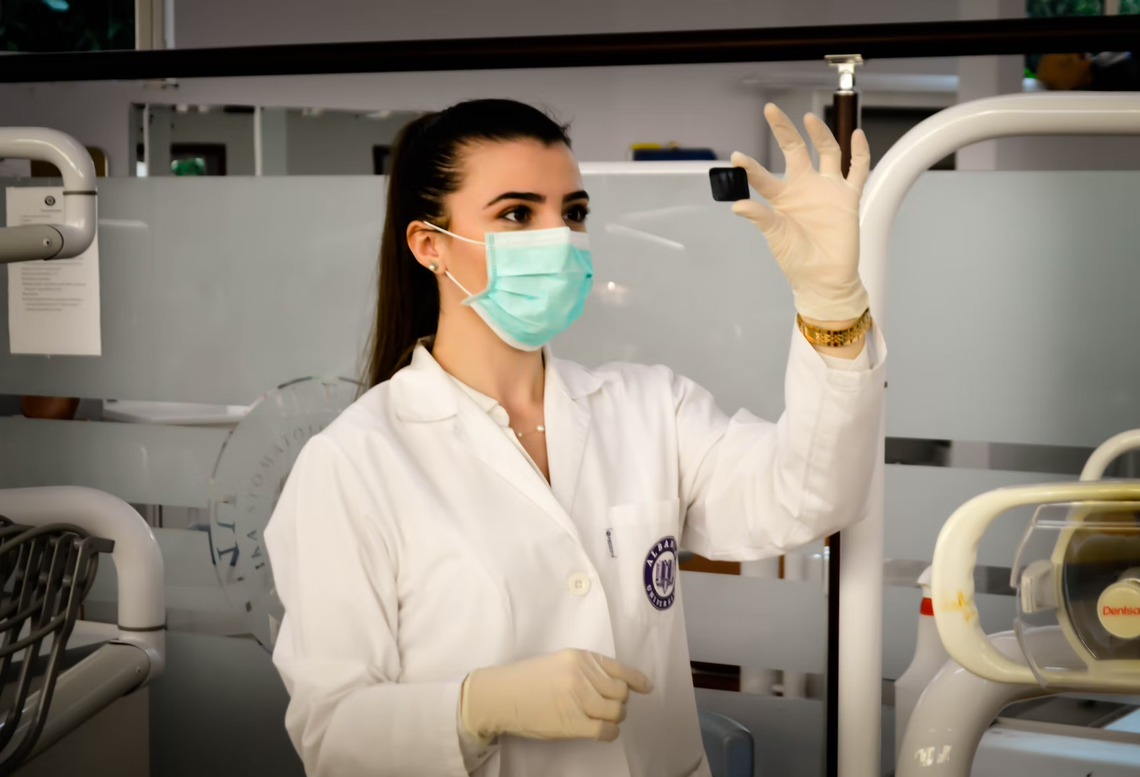
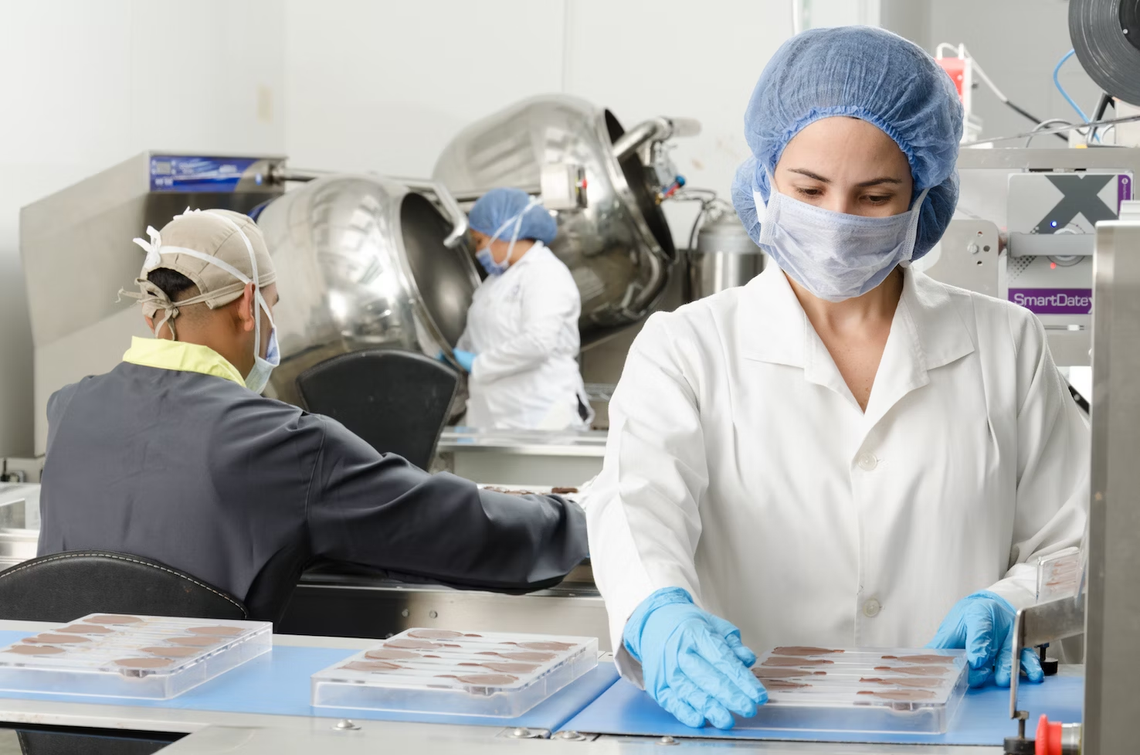

A doctor is a medical specialist who treats patients. Doctors diagnose, treat, and advise people with illnesses, ailments, and injuries. Their many responsibilities include patient examination, collecting patient information, performing diagnostic tests, and directly treating diseases. For virtually every major organ system in the human body, there is a specific type of doctor. For example: ophthalmologist, dentist, cardiologist, rheumatologist, and dermatologist.
The origin of the profession can be traced back to more than 25,000 years ago when the first "healers" were found on cave paintings in the territory of modern France. The images showed people using plants for medicinal purposes. This is the first known example of medical knowledge transferred through tribes.
| Country/region | Min. doctor's salary/year | Avg. doctor salary/year | Nurse | Dentist | Veterinarian | Surgeon |
|---|---|---|---|---|---|---|
| USA | 68,922 USD | 105,968 USD | 73,550 USD | 133,941 USD | 95,000 USD | 395,350 USD |
| United Kingdom | 41,046 USD | 84,850 USD | 33,081 USD | 105,926 USD | 45,553 USD | 95,908 USD |
| Australia | 42,509 USD | 74,541 USD | 46,824 USD | 62,841 USD | 41,852 USD | 96,816 USD |
| Canada | 50,185 USD | 105,445 USD | 56,312 USD | 196,437 USD | 56,023 USD | 138,734 USD |
| Germany | 44,612 USD | 120,909 USD | 33,256 USD | 61,019 USD | 57,358 USD | 72,173 USD |
| France | 48,364 USD | 138,989 USD | 36,725 USD | 132,209 USD | 77,939 USD | 235,240 USD |
| Russian Federation | 359 USD/month | 479 USD/month | 359 USD/month | 788 USD/month | 479 USD/month | 643 USD/month |
| Czech Republic | 29,672 USD | 77,829 USD | 31,780 USD | 78,369 USD | 39,671 USD | 267,704 USD |
| China | 41,326 USD | 112,544 USD | 37,569 USD | 114,014 USD | 55,373 USD | 137,535 USD |
| Singapore | 66,366 USD | 166,597 USD | 29,251 USD | 74,501 USD | 36,108 USD | 92,065 USD |
All data are approximate and are given for an overview of the earnings of doctors in different countries[1].


Medicine is as vast and multifaceted as the intricacies of human anatomy. Each doctor has a specific specialization. Universities may include the following departments:
General Medicine — a program, after which it is possible to obtain a narrow specialization: surgeon, therapist, cardiologist, pediatrician, obstetrician, etc. The course usually lasts 6 years.
Pediatrics is the science of treating the child's body (from the Greek "paidos" — a child, "jatreia" — healing). Pediatricians not only treat and prevent diseases of little patients, but also monitor their growth and development, and advise parents on proper care. Pediatricians, like other doctors, must be able to diagnose diseases by symptoms. As a rule, parents of babies are frequent visitors to pediatricians. Doctors check the weight and height of babies, their general condition, and teach parents how to properly feed them.
To work as a pediatrician, it is important to love children and be considerate, because diagnosing a child is difficult due to the child’s inability to explain what is wrong. This specialization also could be difficult because children are restless and often afraid of doctors. For pediatricians, stress resistance and emotional stability are required.
Surgery is a medical field that uses surgical, manual and instrumental techniques on a person to treat disease or injury. The surgeon is responsible for the preoperative diagnosis of the patient, for the surgery, as well as for the postoperative care and treatment.
During surgery, the surgeon makes critical decisions regarding the health, safety, and well-being of the patient. For such a profession it is necessary to have nerves of steel, emotional endurance, patience, calmness, and the ability to control the situation in extreme conditions. Physical endurance is also important: operations last for hours and surgeons spend all this time on their feet.
Nursing is qualified patient care. Nurses ensure that patient care is complete. In a way their work combines heart and mind. To become a nurse, you must like people unconditionally. Even the origin of the profession was born out of mercy and a desire to help those in need. The first nurse was Florence Nightingale, who went to field hospitals with 38 assistants during the Crimean War.
The range of responsibilities depends on the medical institution: from making important decisions in treatment and assistance during operations to sterilizing instruments, affixing vaccinations, writing reports and therapeutic massage.
This list of specialties will help you to determine the direction of your medical training.

To become a doctor, you need a university degree. Colleges, in turn, issue the qualifications of a nurse, paramedic, technician, etc. A doctor deals with the human body, therefore an interest in biology, anatomy, and chemistry is a key quality for a future physician. It is also important to study well, and to love studying in general, because on average it lasts more than 7 years.
Usually, in colleges you can obtain the qualifications of a nurse, paramedic, medical laboratory technician, obstetrician, dental technician, pharmacist, dental hygienist, etc.
Medical trade and vocational colleges in the USA, for example, mostly offer associate's degrees and certificates. They certify personal fitness specialists, surgical technologists, pharmacy technicians and medical assistants. You will also find veterinary studies combined with agriculture as well as health related and dental hygiene programs at vocational colleges in the UK and Canada.
There are equivalent opportunities in other countries as well, but in general colleges are not a frequent choice of international students. Prices vary a lot depending on the country and city where the college is located but in any case studying there costs several times cheaper than at the university.
However, while going to college can save you time and money, becoming a doctor requires a university degree.
It takes a long time to obtain a medical education. Much depends on the country of study. For admission, besides the English language certificate, you must pass additional exams, for example, MCAT — in the USA and Canada, BMAT, GAMSAT, UKCAT in Great Britain, UMAT in Australia.
| № | University | Bachelor’s / year | Country |
|---|---|---|---|
| 1 | Harvard University | 64,984 USD | USA |
| 2 | University of Oxford | 45,051 USD | Great Britain |
| 3 | University of Cambridge | 76,846 USD | Great Britain |
| 4 | Stanford University | 80,312 USD | USA |
| 5 | Johns Hopkins University | 56,500 USD | USA |
| 6 | Karolinska Medical Institute | 26,347 USD | Sweden |
| 7 | University of California at Los Angeles | 23,687 USD | USA |
| 8 | University College London | 49,110 USD | UK |
| 10. | Imperial College London | 58,259 USD | UK |
The requirements for admission vary by country and university. Usually, the following is required:

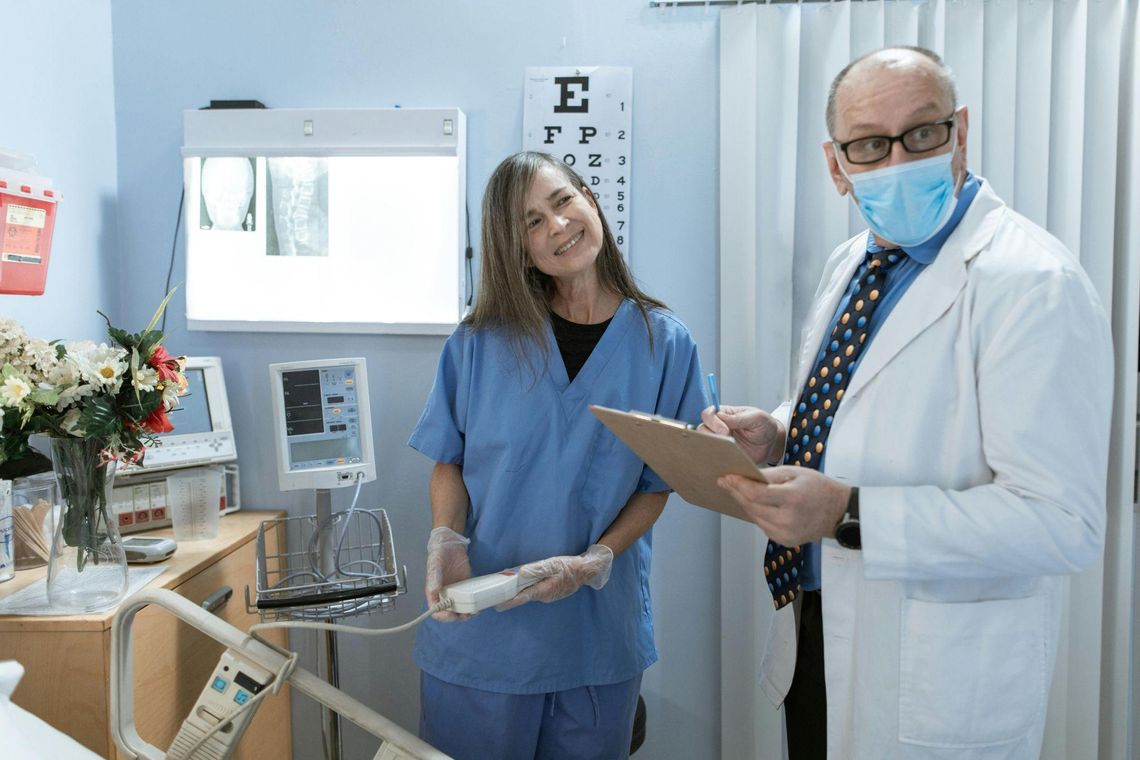
A doctor is a difficult and profession which comes with great responsibility, obtaining which involves no less difficult and long studies. Being a doctor is a life calling. Therefore, dedicating your life to the medical profession is a serious step that must be taken consciously.
The main quality a doctor must have is the desire to help others. Physicians are distinguished by humanism, and even to some extent altruism, combined with high morals. Honesty, decency, responsibility, intelligence, kindness, reliability, integrity, lack of self-interest, and the ability to keep one's word are important to a medical professional. They are conditioned by deontology — the discipline of medical ethics and the norms of interaction between a doctor and colleagues and patients.
Other necessary qualities for future doctors are good memory, analytical mind, the ability to make quick decisions, endurance, determination, high demands from oneself and others, a tendency to take responsibility, stress resistance, emotional stability, leadership, empathy, and sociability.
Love for people is also important, since doctors constantly listen to complaints, communicate, and provide moral support to patients. It is important to be patient and considerate in order to build trust and not make the sick person's situation worse. However, there are specializations for which communication with people is not necessary, for example, pathologists.
Finally, doctors deal with human secretions, bodies and organs, so disgust and blood intolerance, and even more so fainting at the sight of unpleasantness, may become major roadblocks when becoming a doctor. To test your resilience, you can watch videos of autopsies or operations on YouTube.
It is important to understand that a doctor is not just a profession, but a life stance. Therefore, humanism is a defining personality trait of a physician.
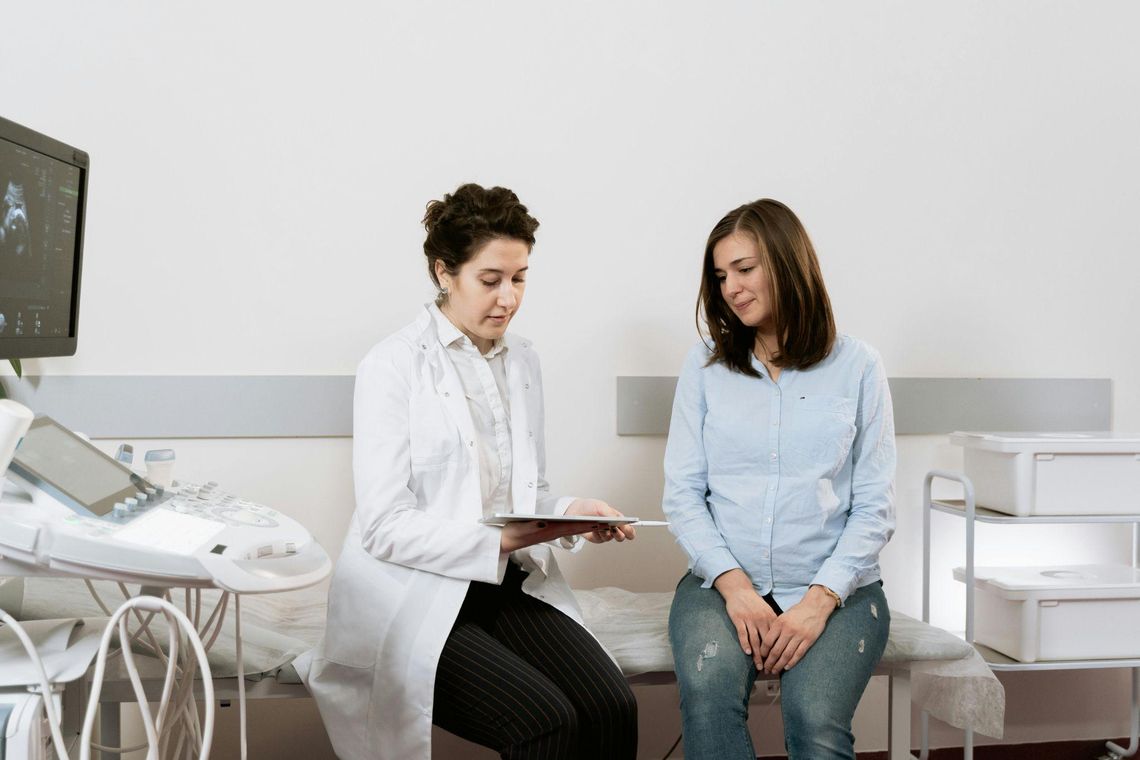
Doctors work in both public and private medical institutions. They are clinics, hospitals, trauma centers, ambulance and emergency rooms, psychiatric wards, medical centers, research institutes. Pediatricians often have their own offices in kindergartens and schools. Some doctors work for themselves and open private clinics or practices.
Typically, doctors work irregularly with night shifts and emergency calls. The responsibilities of physicians depend on the specialization and place of work. The main activities include making rounds and examining patients, conducting diagnostics, prescribing treatment and drugs, and performing surgeries. Also, doctors are engaged in administrative work: they keep records and patient medical histories, write prescriptions and issue medical certificates. Outside of work hours, doctors improve their knowledge, read medical literature and magazines.

The field of medicine has witnessed such prominent historical figures as Hippocrates, Avicenna, Galen, Paracelsus, Pirogov, Botkin and many others, thanks to whom this science was born and became what it is today. However, in addition to them, there were a huge number of outstanding doctors, whose names are not known by many. Some lesser known, but still outstanding medical scientists are described below.
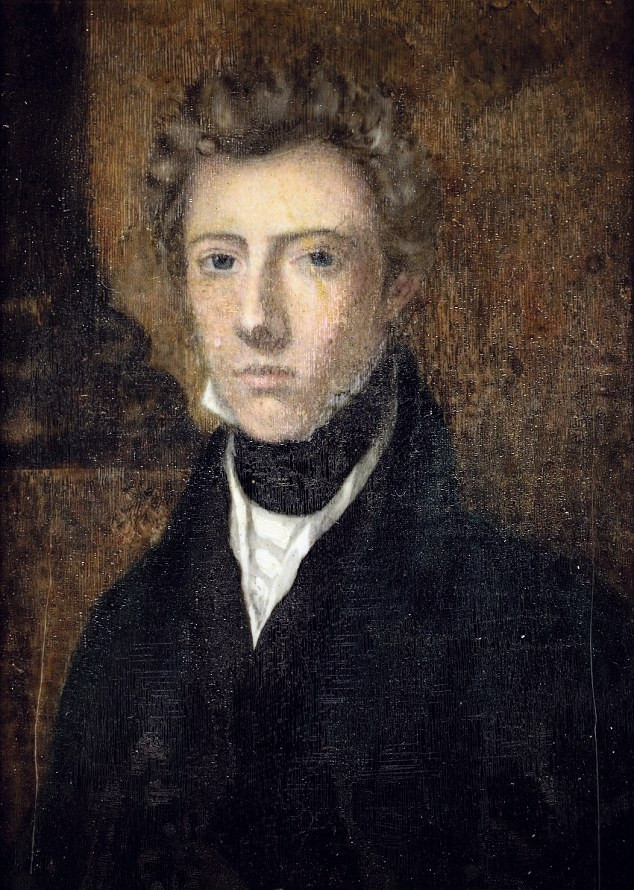
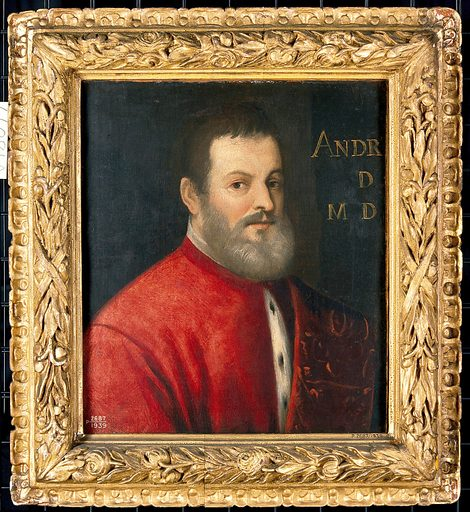
Leila Denmark is a pediatrician from America, one of the developers of the pertussis vaccine. She kept taking patients until she was 103 and was recognized by the Guinness World Records as the oldest practicing physician. At the time of her death, she was one of the five oldest living people. Denmark is the personification of a real pediatrician: the doctor attended little patients at any time of the day and whenever necessary.
60+ countries
we work with
$1,000,000 saved
by students through scholarships
6,400 offers
our students got